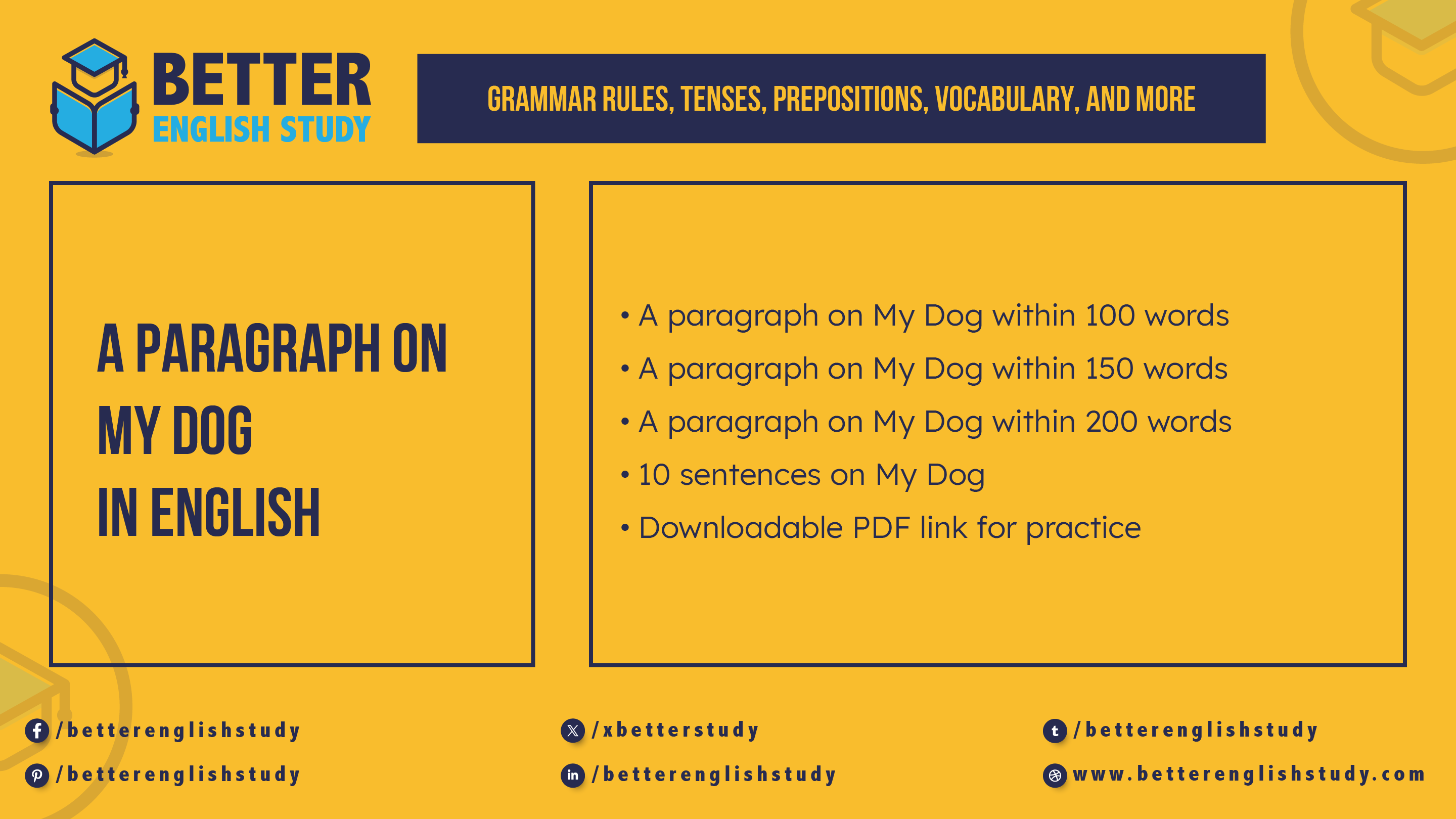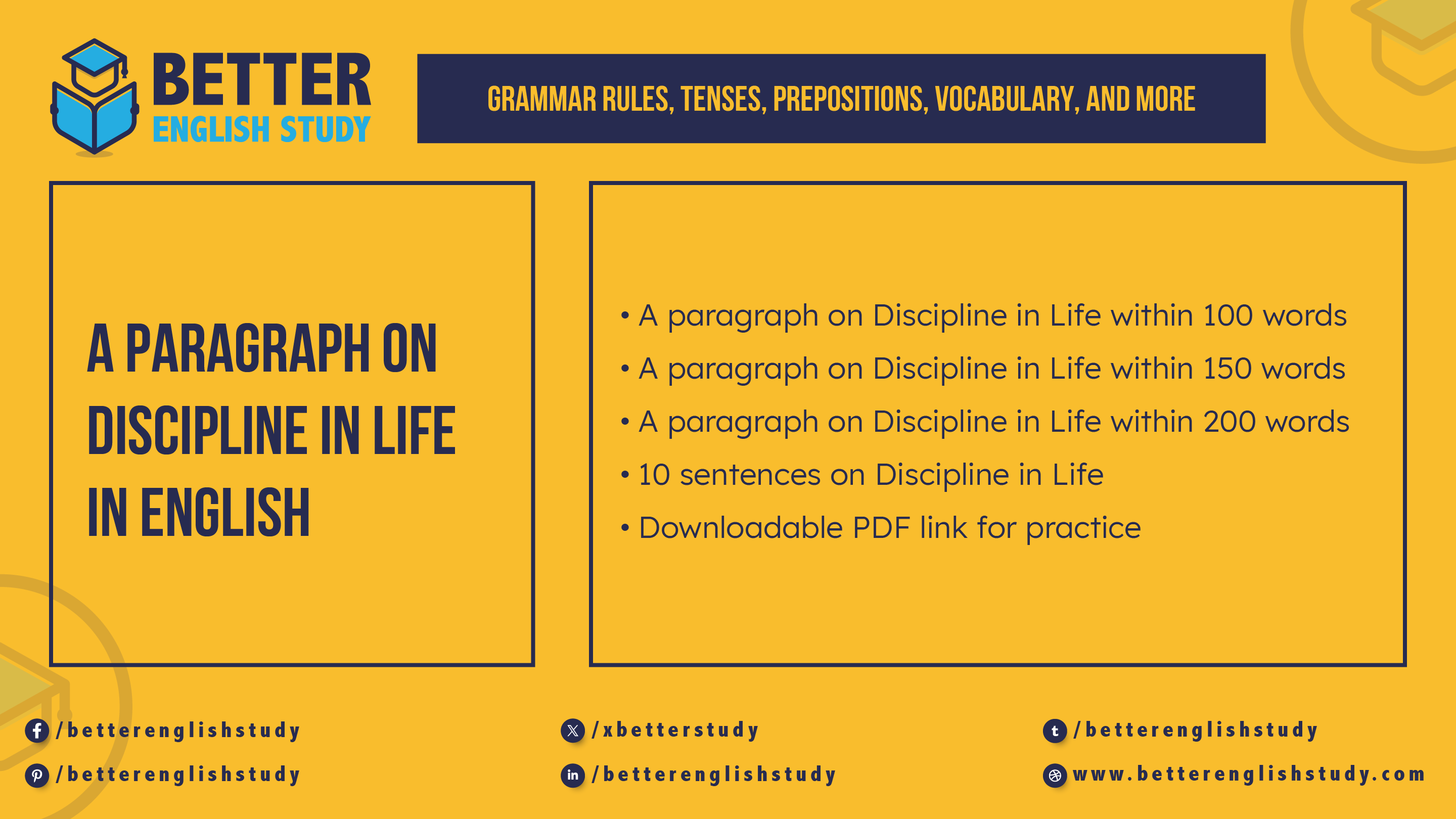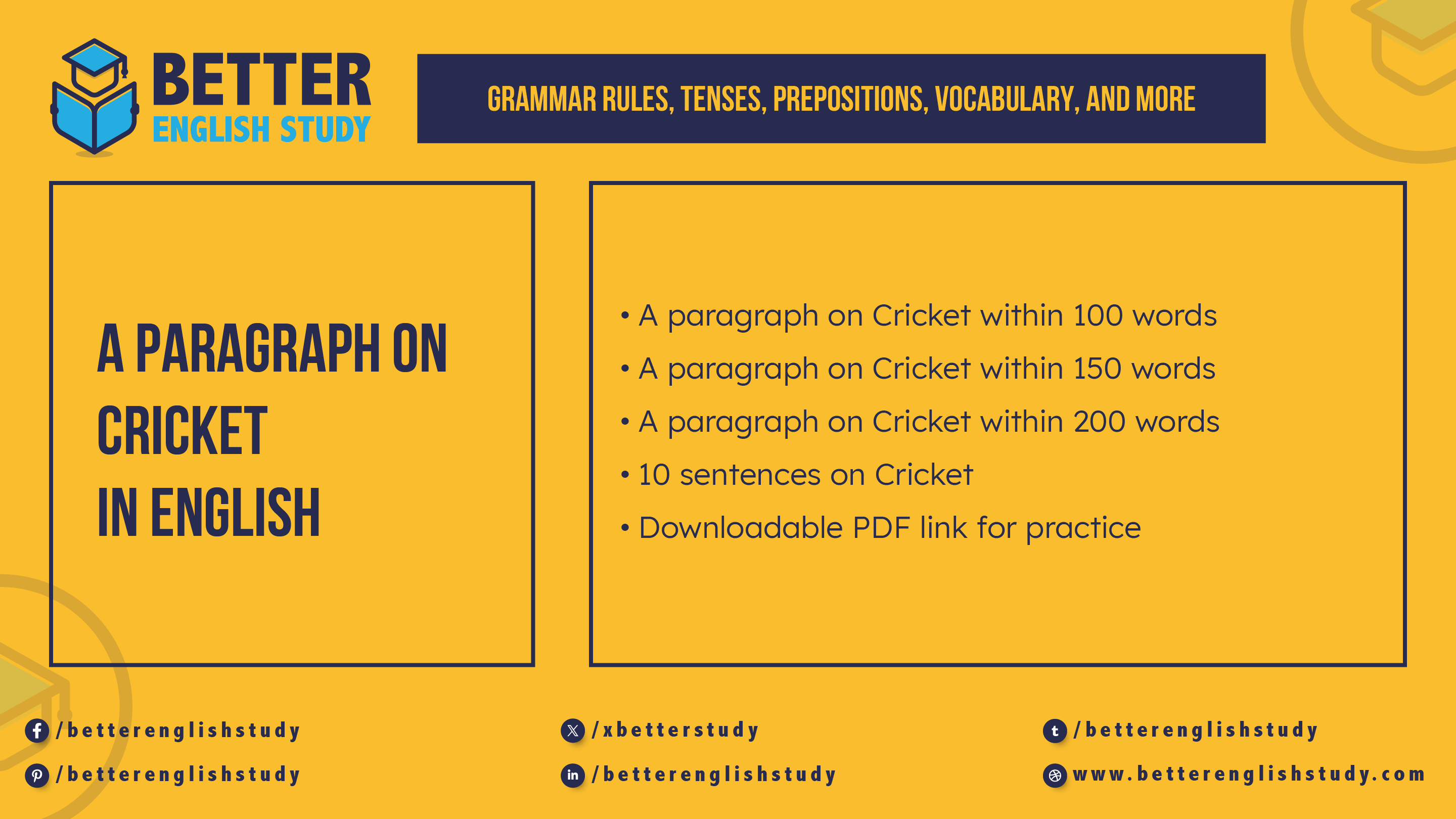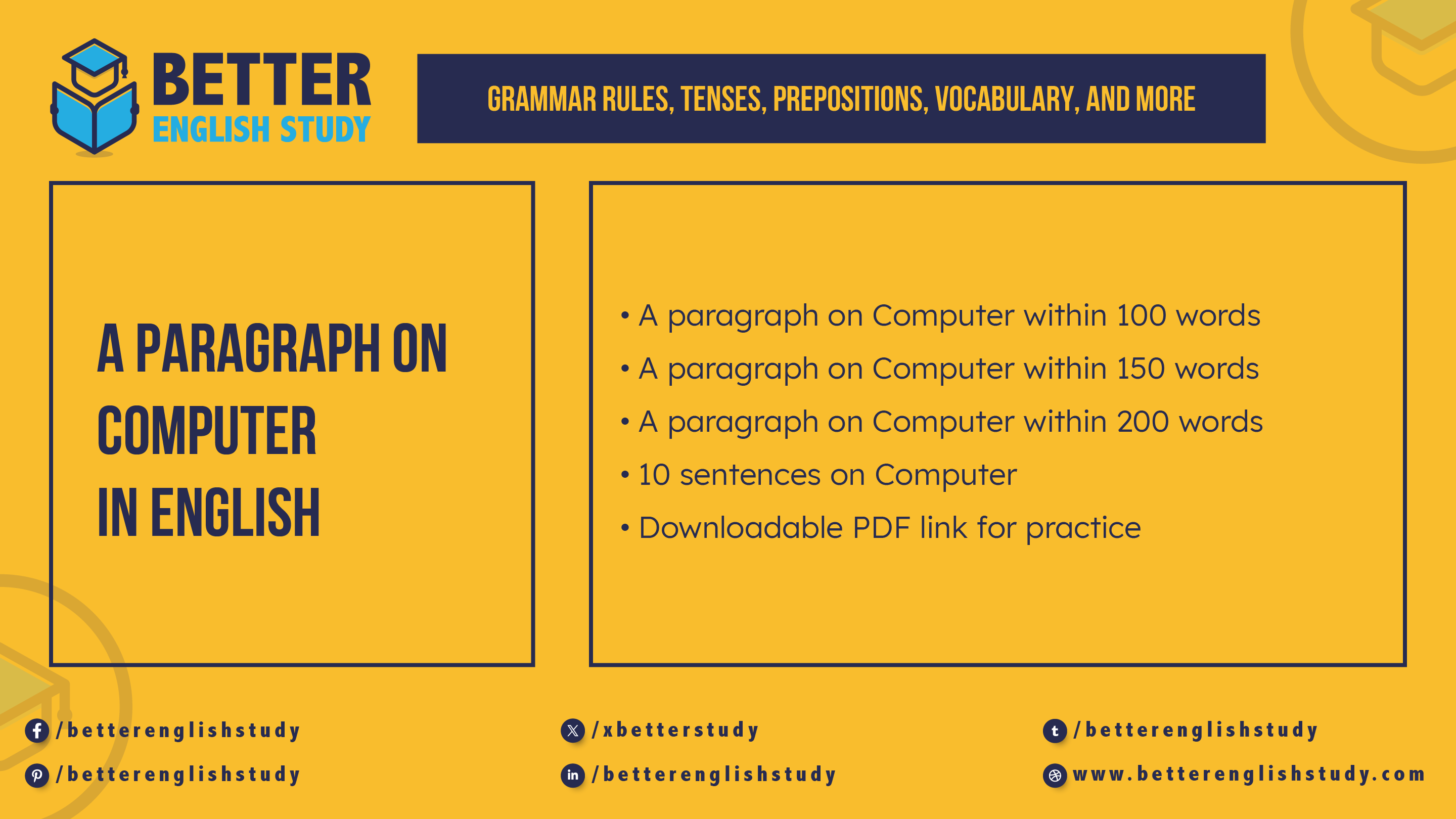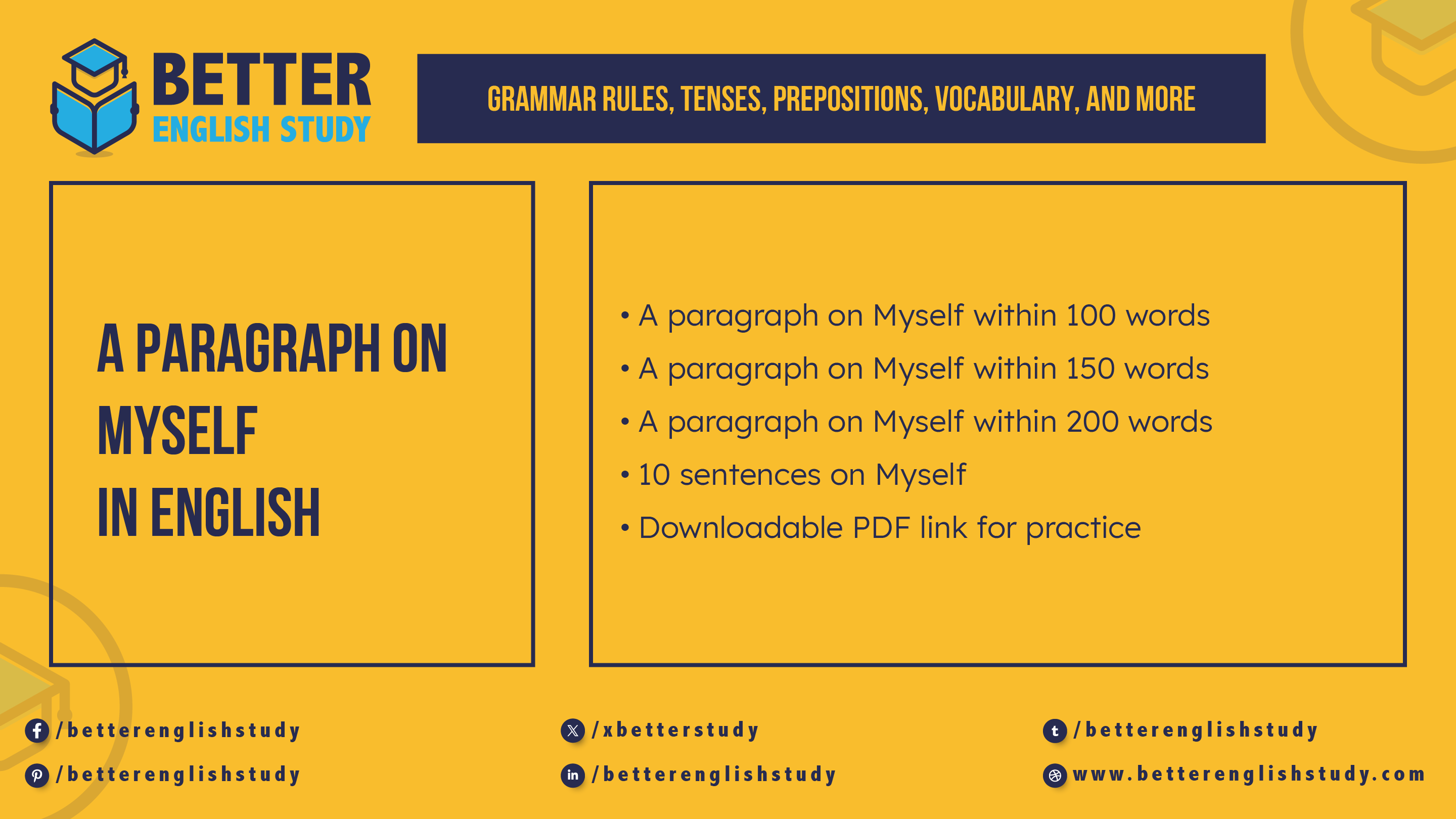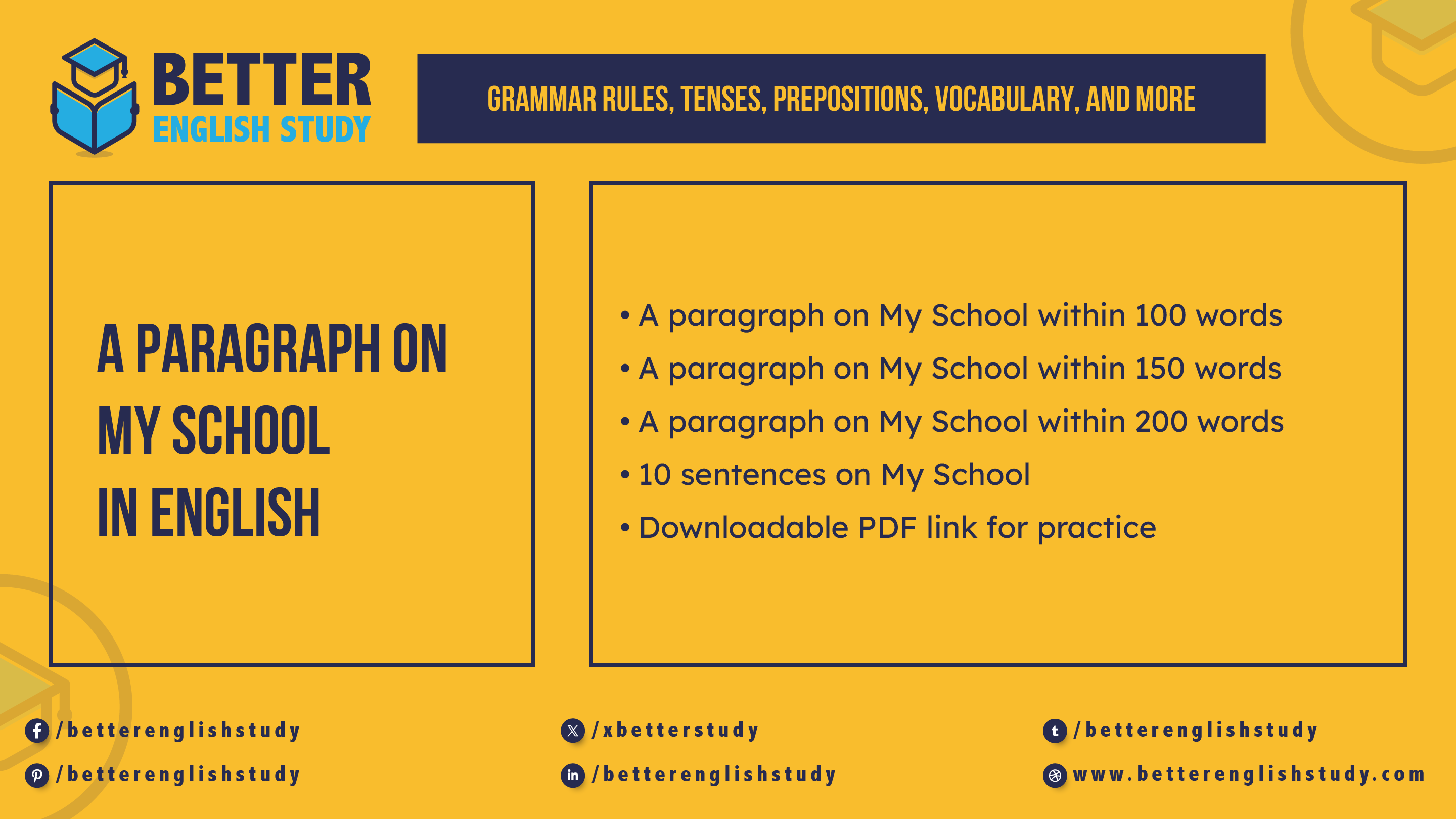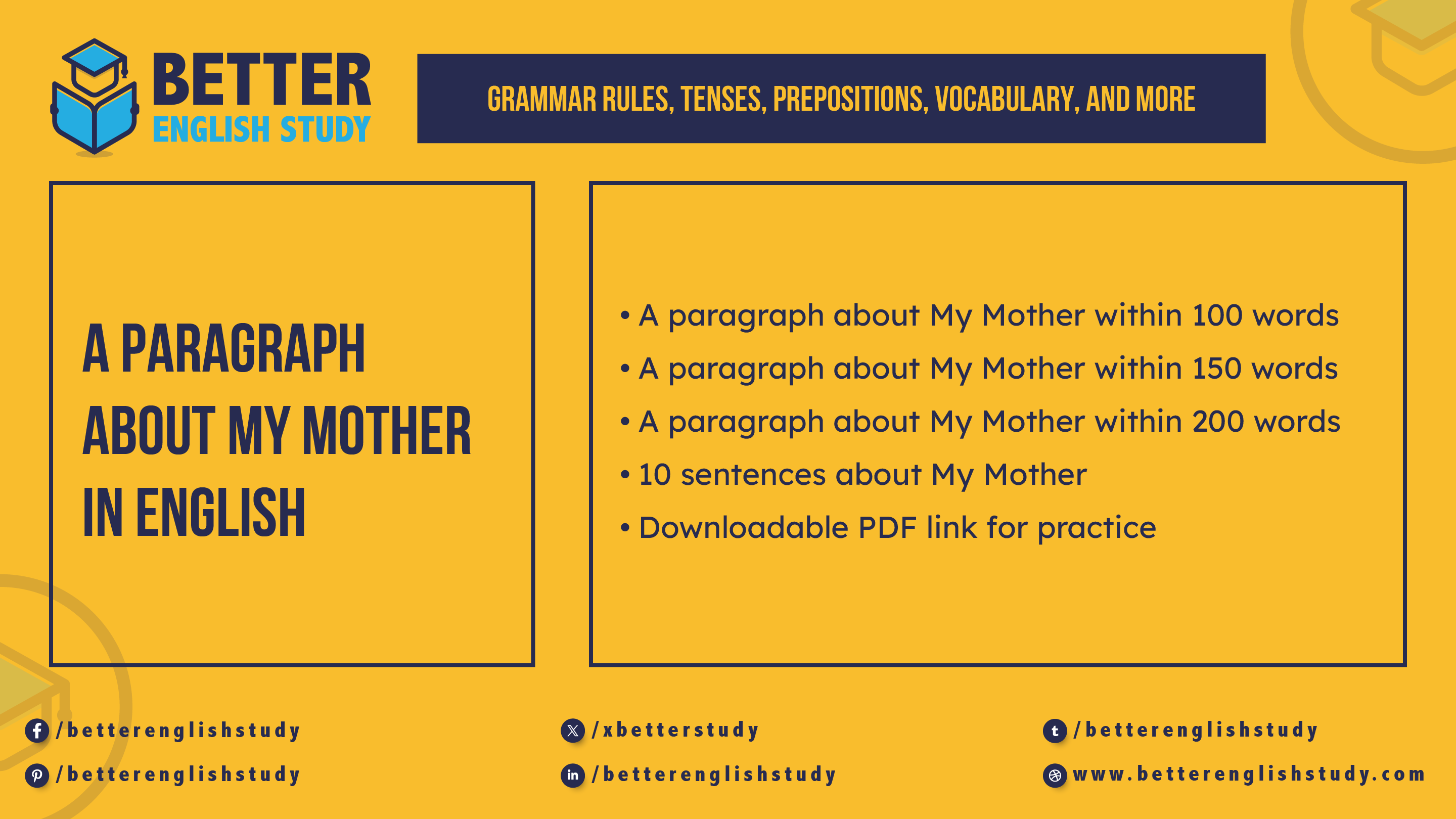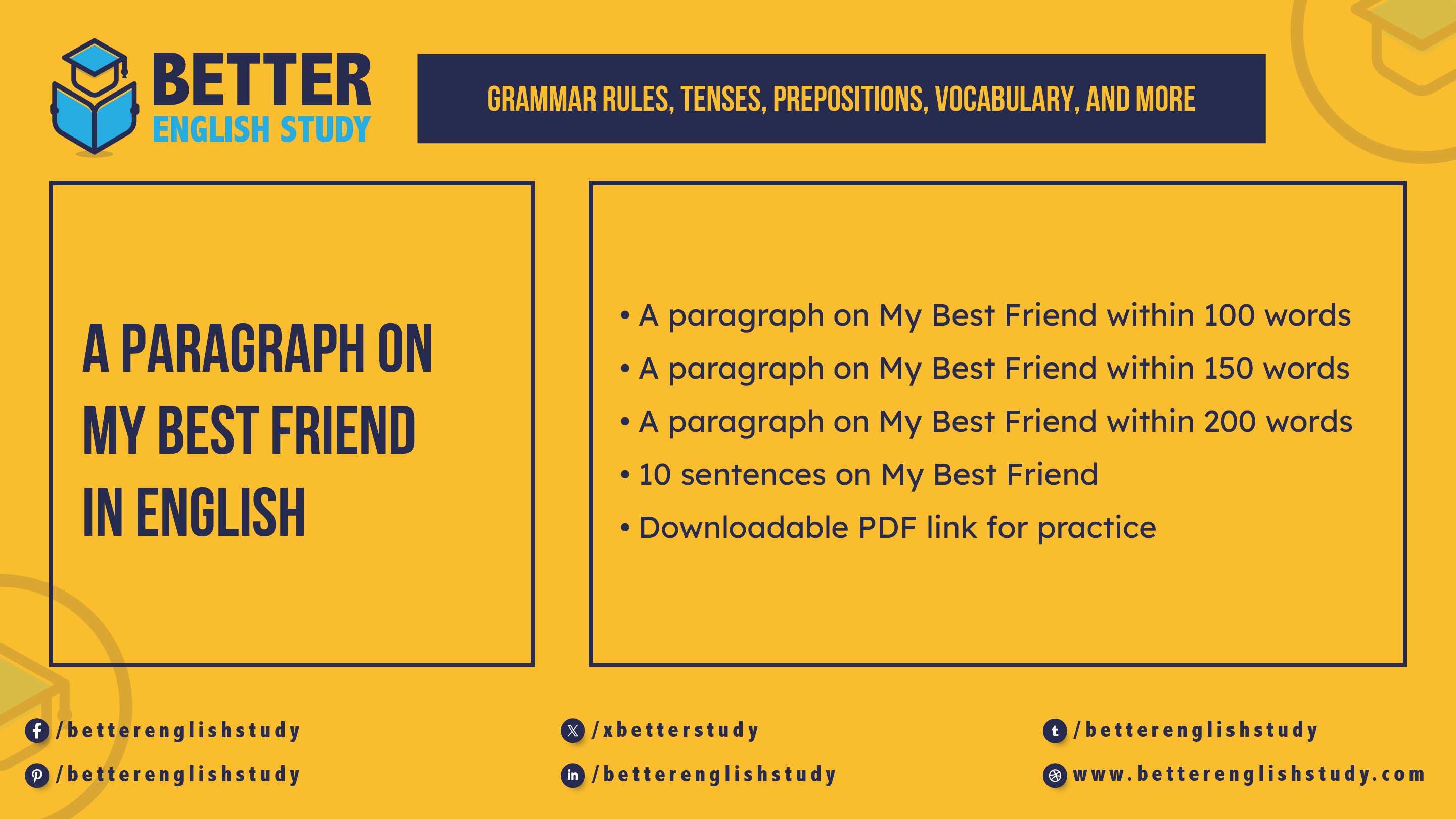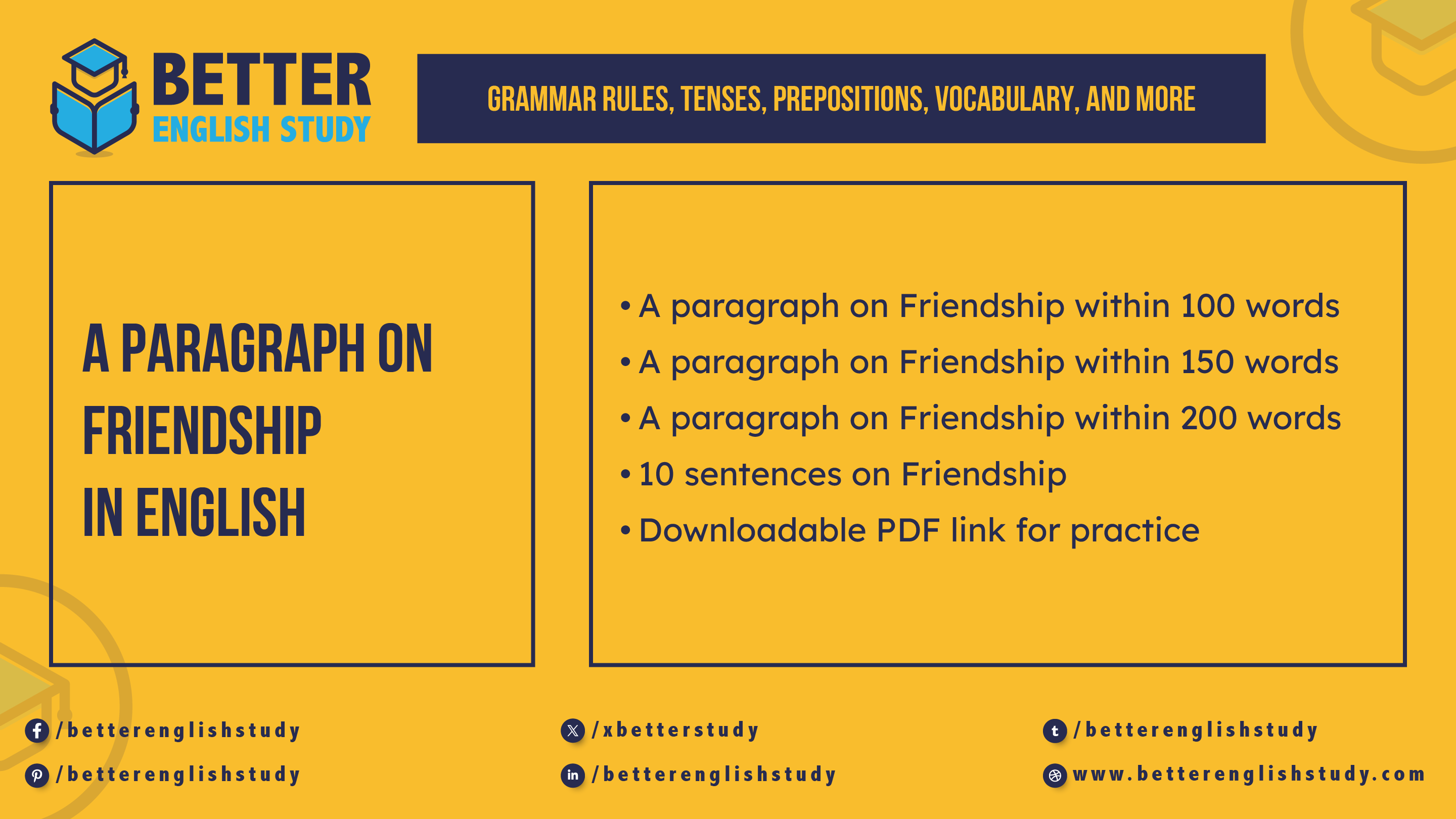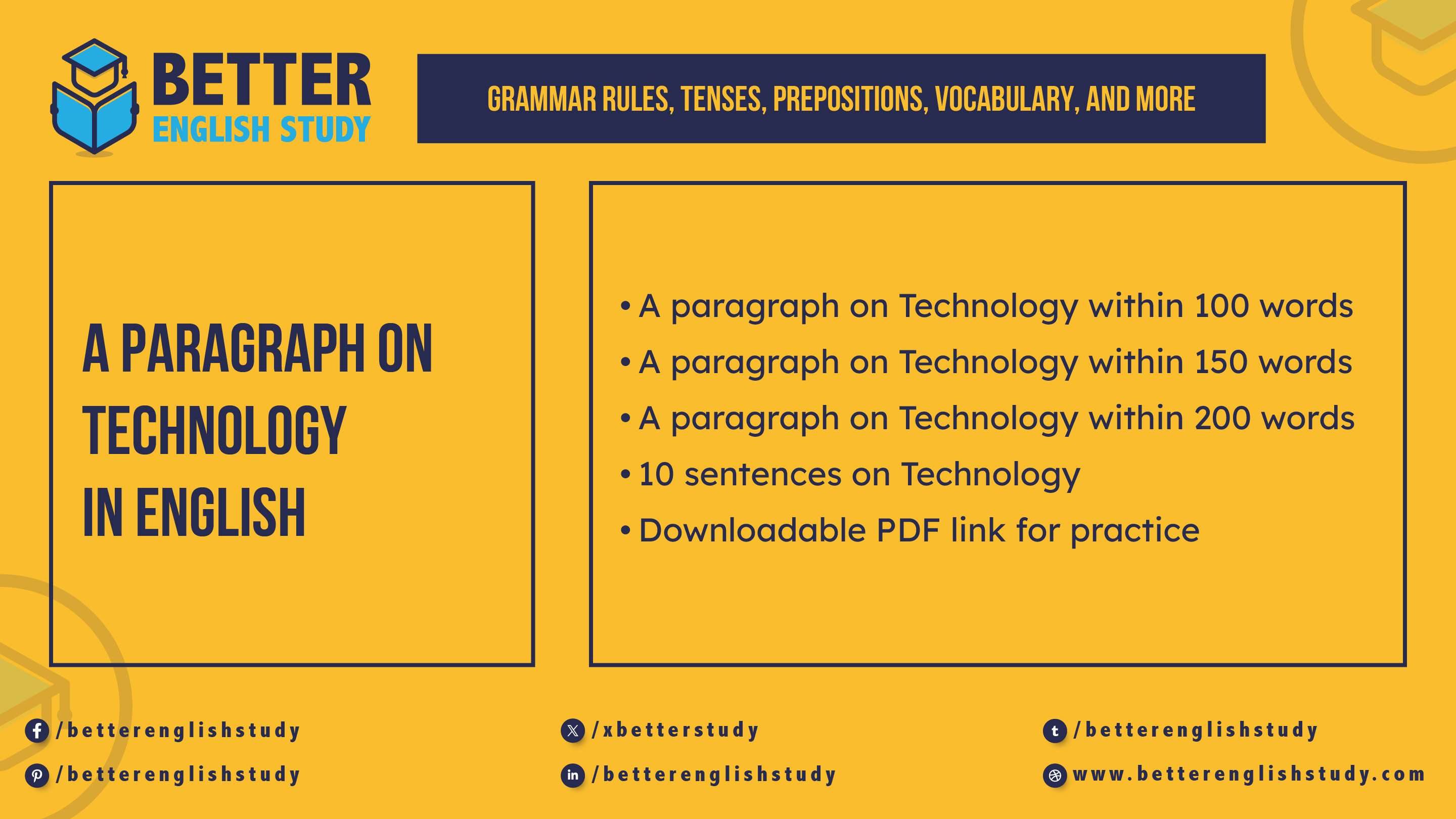A Paragraph on My Dog
Having a dog can bring so much joy and companionship into our lives. A Paragraph on My Dog Within 100 Words My dog’s name is Bella, and she is a beautiful golden retriever. Bella is playful, friendly, and always eager to please. Every morning, she greets me with a wagging tail and a happy bark, …

